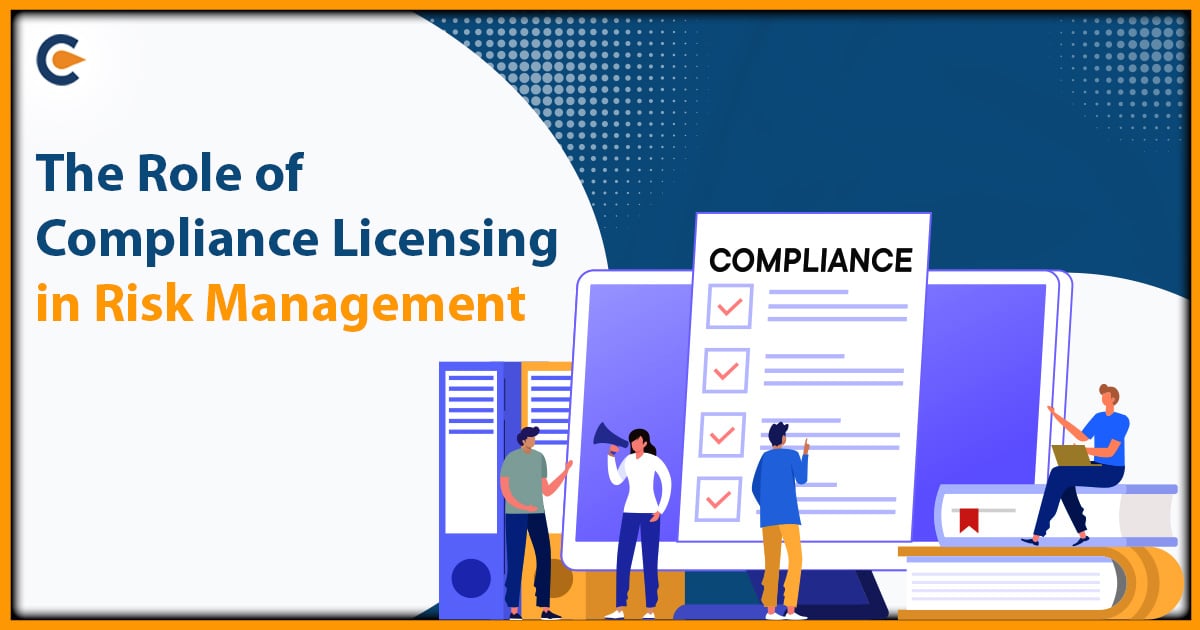Annual filing and compliance requirement of a One Person Company is similar to that of a Private Limited Company or any other same form of entity. However, some of the requirements differ in a One Person Company from other types of entities obviously because they are different types of business models. In this article, you will learn what the compliance requirements of a One Person Company are and what annual returns you need to file after you have incorporated your OPC.
What is Compliances and Annual Filing in a One Person Company?
A One Person Company, like any other business entity, has to comply with certain guidelines as prescribed by relevant laws and needs to file an annual returns.
Obtaining Corporate Stationery
After you successfully incorporate your One Person Company, you would need certain items that you would need for effectively running the company.
Some of the necessary items that you would need are as follows:
- Name Board: All companies, including an OPC, is required to affix the name of the company and address of its registered office outside every office or place in which it carries on business.
- Company Rubber Stamp: A round rubber stamp bearing the name of the company and a straight rubber stamp bearing the name of the company along with the designation of the authorised signatory should be purchased. Company rubber stamp is required for executing various legal documents like Board Resolutions, bank account opening forms, cheques, etc.,
- Letterhead: The name and registered office address of the OPC must be printed on all letterhead, invoices, notices and other official documents of the company.
Procuring OPC PAN
The first step that comes after the incorporation of a One Person Company is obtaining an OPC PAN. Furthermore, like any other company, an OPC also needs to have a company Permanent Account Number or PAN. You can apply for PAN online after the incorporation of your company, and receive the PAN Allotment Letter thereafter. Then, you need to get the PAN Allotment Letter signed by the company director, sealed with the company’s rubber stamp. Then you need to send it to the NSDL office through courier. Furthermore, the PAN Card will be allotted to you in about 15 days after your application has been received by the concerned officials.
Opening OPC bank account
The process for opening a bank account for a One Person Company is relatively simple when compared to the proprietorship bank account opening. As an OPC is a corporate entity, no other additional tax registrations or documents are required to open a bank account for an OPC. As per the KYC norms prescribed by the Reserve Bank of India, the following are the documents required to open a current account in the name of your OPC;
- Self-attested copies of OPC Certificate of incorporation
- Memorandum of Association of OPC
- Articles of Association of OPC
- Resolution to open a bank account for company
- Copy of PAN allotment letter;
- Copy of the telephone bill;
- Identity proof of the director
Documents submitted for opening of the bank account must be self-attested with the seal of the company. Therefore, it is important to obtain company seal and company letterhead after incorporation of the OPC.
Read our article: Procedure of Filing Annual Return: A Complete Guide
Annual filing for One Person Company (MGT 7)
- The Annual Return Filing for the OPC shall be filed with the Registrar of the Companies.
- The annual return must be attached to Form MGT 7 filed with the ROC as an attachment
- There should be a signature of Company Secretary in the annual return. If there is no Company Secretary available, then the director shall sign the return.
- The annual return must be filed by all the OPC that is registered in India each year
- Documents required for MGT 7:
- CIN/PAN
- List of the main business activities
- Details of shareholding and shares
- List of loans and debentures
- Details of other securities as held by the company
Appointing an Auditor
All companies are required to appoint the first auditor of the company, within 30 days of incorporation. Also, in case of OPC as well, an Auditor must be appointed by the director of the OPC for auditing the financial statements of the company.
Holding Annual General Meeting
Every company other than a One Person Company is required to hold an Annual General Meeting each financial year with not more than 15 months elapsing between the date of one annual general meeting of a company and that of the next. However, in case the of One Person Company where there is only one director on the Board of Directors, then it is sufficient for the resolution to be passed only one Director and entered in the minutes-book. The signed and dated resolution by Director of an OPC is taken to be the meeting of the Board of Directors for all the purposes under the Companies Act [1]. Also, a provision relating to a quorum for meetings of Board does not apply to an OPC where there is only one Director on its Board of Directors.
Maintaining Financial Statements
All companies need to prepare and file with the ROC, the following financial statements:
- A balance sheet as at the end of the financial year;
- Profit and loss account;
- Cash flow statement for the financial year;
- Statement of changes in equity, if applicable;
- Explanatory note forming part of any document.
In the case of an OPC or One Person Company small company and dormant company, the requirement for cash flow statement has been removed. So, an OPC does not need to prepare or submit a cash flow statement as a part of its financial statements.
Compliance requirements under the Income Tax Act, 1961
One person company need to file their income tax return in Form ITR 6 for the financial year on or earlier than 30th September of the following financial year with the tax department. In other words, for the financial year 2018-19, income tax return in Form ITR 6 has to be filed on or before 30th September 2019. Furthermore, if the due date has been extended by CBDT, such extended date will be considered as the last date of filing income tax return instead of 30th September.
Additionally, along with the annual tax return filing, every OPC is required to get their accounts audited under income tax act 1961 if turnover exceeds the limit as specified in section 44AB. In addition to above compliance, a One Person Company may also require complying with TDS regulations, GST regulations, PF and ESI regulations and others based on the requirements. We suggest you consult your chartered accountant to help you with this matter.
Annual Compliance for One Person Company (OPC)
The annual return of an OPC shall be filed with ROC as an attachment with Form MGT-7. Furthermore, such annual return has to be signed by the company secretary or where there is no CS, by the director of the company.
| Section & Rules | Forms | Particulars |
| 164(2), 143(3)(g) | DIR-8 | Disclosure of non-disqualification every financial year by each director. |
| 184(1) | MBP-1 | At each financial year for disclosure of director interest in other entity at the First Meeting of the Board of Director It is mandatory to submit Fresh MBP-1 is whenever there is change in director interest. |
| Rule 12A | DIR-3 | All the Directors of the company shall file DIR-3 on or before 30th September every year. |
| Section 405 | MSME-1 | Company to file MSME-1, every half yearly with respect of pending payments to MSME vendors. April to Sep: 30th October October to March: 30th April |
| Section 73,Rule 16 | DPT-3 | To be filed on or before 30 June every year with respect to the return of Deposit and particulars that are not considered Deposits as on 31st March. |
| Section 139 | ADT-1 | Auditor shall be appointed within 15days of Annual General Meeting for 5 years in form ADT-1 |
| Section 92 | MGT-7 | OPC file its annual return within 180 days from the financial year closure. |
| Section 137 | AOC-4 | It is requisite for the company to file its Balance sheet together with Statement of Profit and Loss Account, Auditor report and Director Report within 180 days from the financial year closure. |
Other Compliance:
Few of the other compliances are:
Board Meeting (Section 173):
One Director Board meeting at least to be held in every half of the calendar year and the space between the two meetings shall not be less than 90 days.
Statutory Register (Section 88 and other):
The One Person Company will maintain these mandatory registers:
- Director Register
- Director Shareholding Register
- Related Party Transaction Register
Director’s Report:
Director Report shall be made and it shall mention all the information under the Rule 8A of Section 134.
Conclusion
Incorporating an OPC is a very simple process and takes a lot of lesser requirements than any other form of entity. Also, similar to any other form of business establishment, an OPC is required to comply with various legal compliances and has to filing annual return. Furthermore, an OPC has to comply with the provisions of the Companies Act, 2013 and other relevant laws.
Read our article: Functions of a Company Secretary as per the Companies Act, 2013











